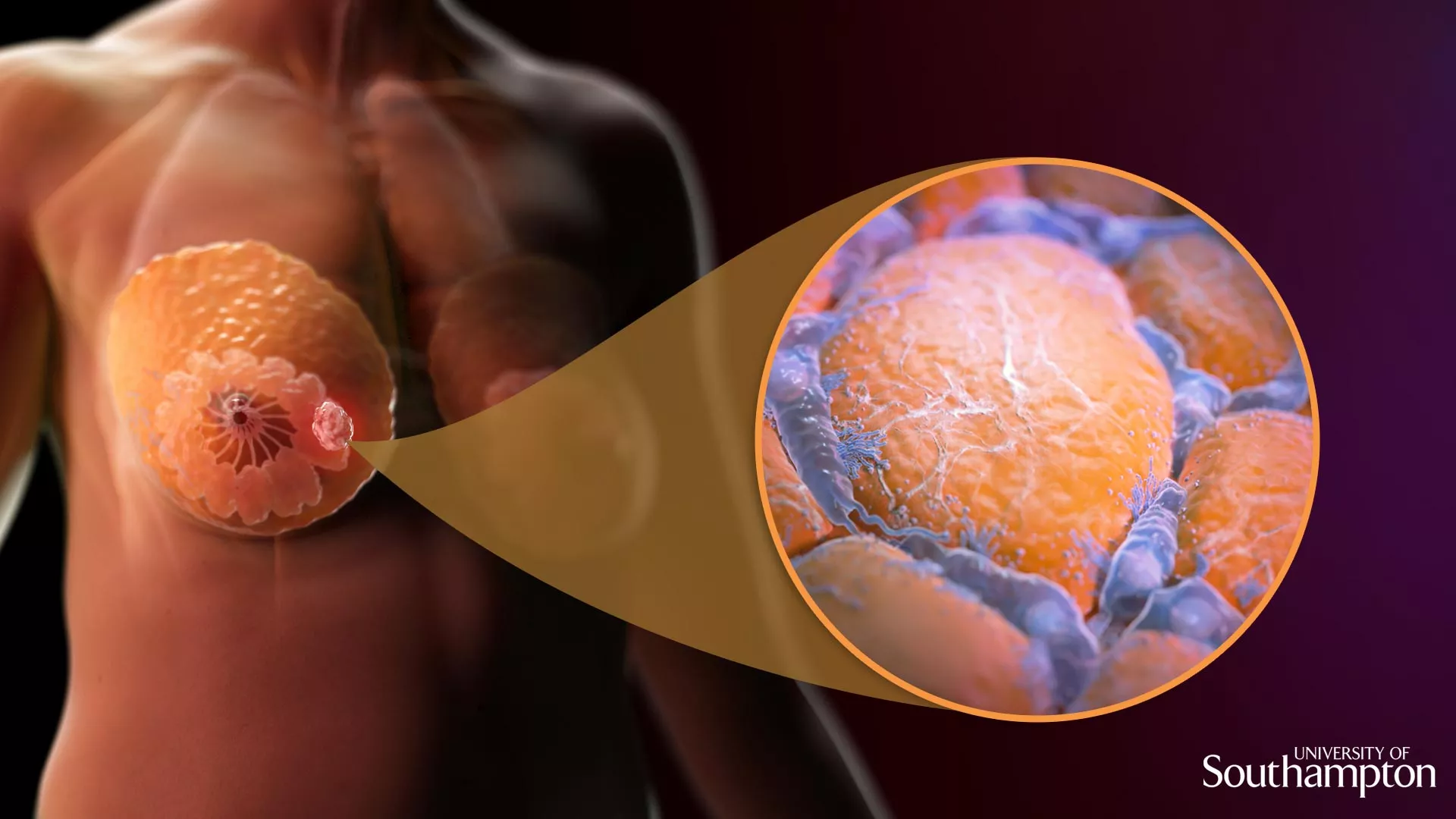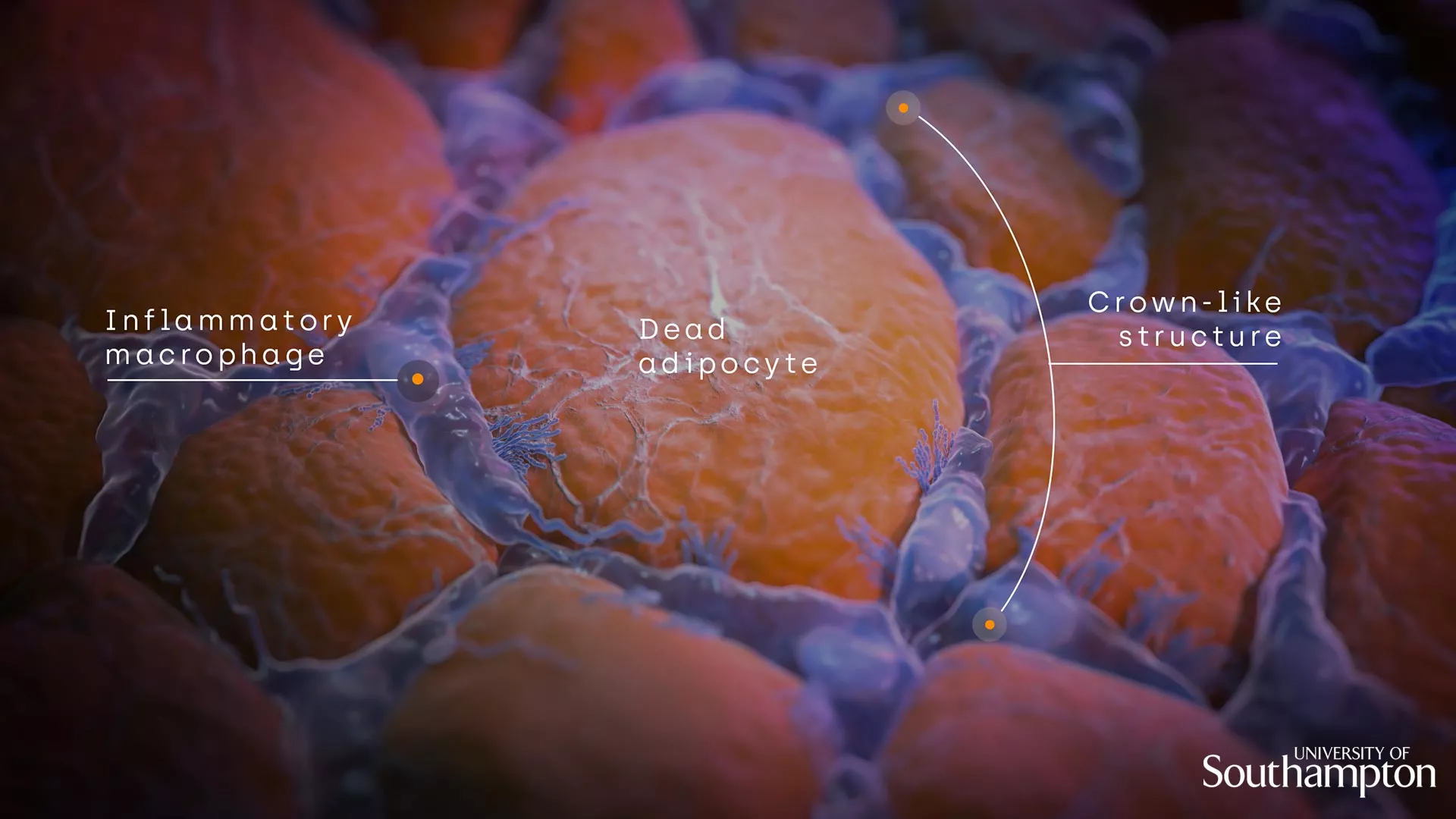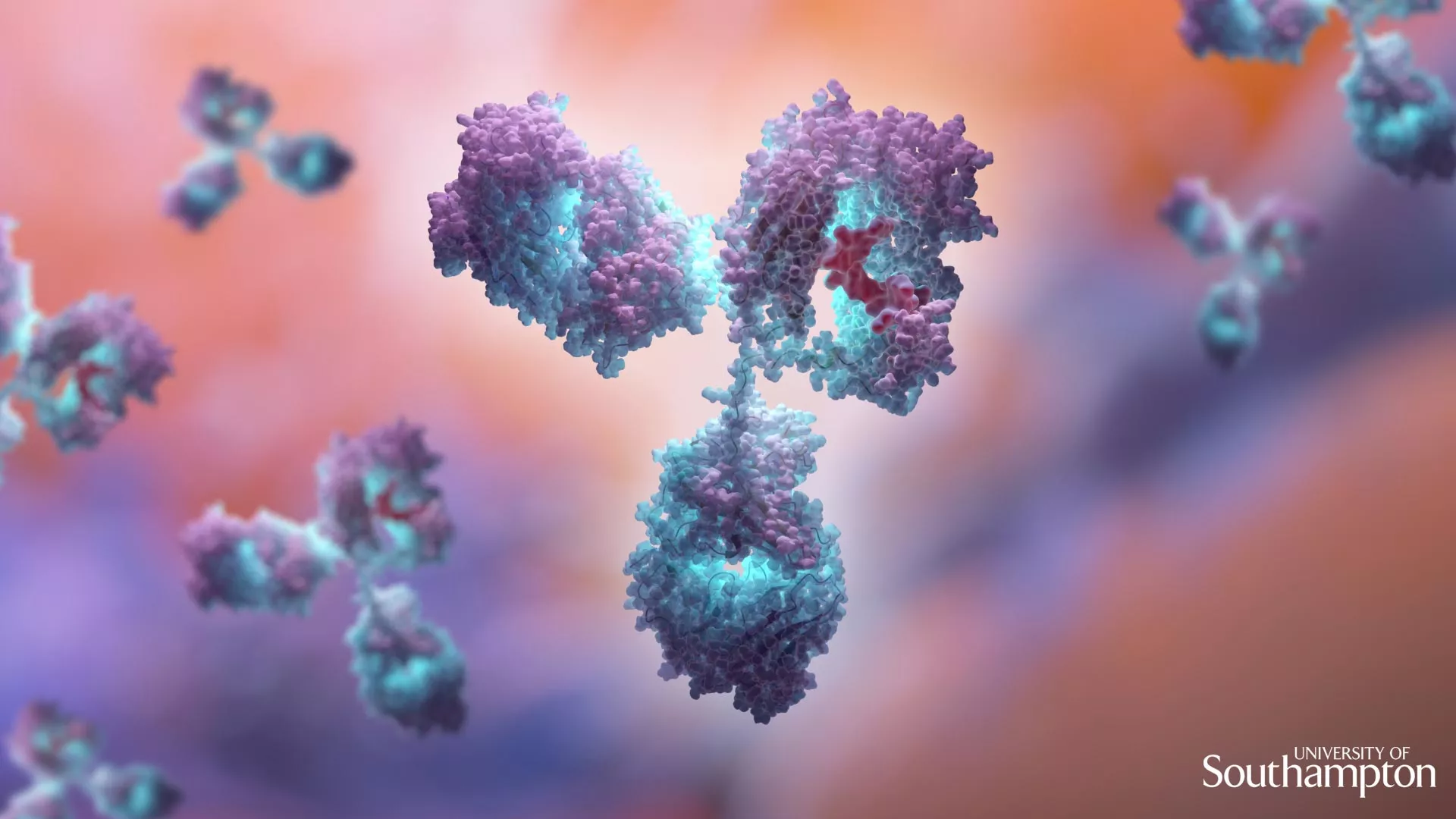A new study from the University of Southampton has found that the "coronal structure" around breast tumors in overweight and obese patients may hinder their response to treatment These new findings may be used to improve the personalized treatment of breast cancer patients with HER2 positive overexpression.

Adipose tissue or body fat is an important component of healthy human breast. However, high body mass index (BMI) is associated with an increased risk of breast cancer. In addition, the survival rate of overweight patients with breast cancer is also worse than that of healthy weight patients.
In patients with high BMI, increased body fat around the breast causes inflammatory immune cells, macrophages, to accumulate in the adipose tissue of the breast. These macrophages can then form a "coronal structure" around these adipocytes. This creates an inflammatory environment in the breast, which may lead to the occurrence and growth of tumors.
How these coronal structures continue to affect the progression and response to treatment of breast cancer is largely unknown.

The research team led by Professor Stephen beers, Professor Ramsey cutress and Dr Charles Birts evaluated a group of samples from patients with her2+ breast cancer to investigate the relationship between high BMI and the formation of coronary structures and the subsequent impact of these structures on patients' response to a drug called trastuzumab.
The results published in the scientific report show that overweight or obese patients have significantly more coronal structures in the adipose tissue around the tumor, which is related to the faster occurrence of metastatic disease, which is a sign of the patient's response to treatment.
Then they went on to identify a potential molecular biomarker called CD32b on the surface of these coronal macrophages. When this marker appeared in overweight and obese patients, their response to trastuzumab treatment was poor.

Stephen beers, Professor of immunology and immunotherapy at the University of Southampton, said: "These findings will arouse the interest of clinicians and researchers involved in the treatment of breast cancer, because they may be used to develop personalized treatment for patients with HER2 positive overexpression of breast cancer. For example, doctors will know that patients with high body mass index and coronal markers are likely to have poor response to trastuzumab treatment. Therefore, they may benefit from more intensive anti-HER2 treatment in the early stage of treatment. On the other hand This study highlights how effective trastuzumab treatment is in patients without the marker. Therefore, these patients can benefit from lower doses of anti-HER2 treatment, which may minimize the side effects they experience. To help confirm these preliminary findings, further research on more patients will be needed. "
The research team is now studying how to change the behavior of these coronal structures to improve the response to breast cancer treatment.